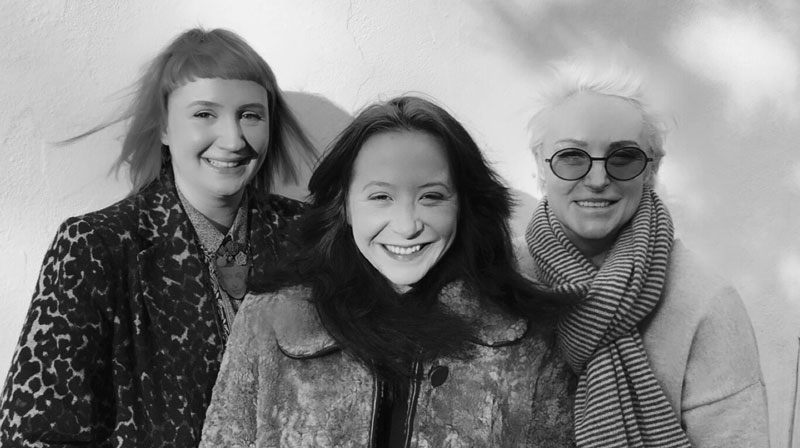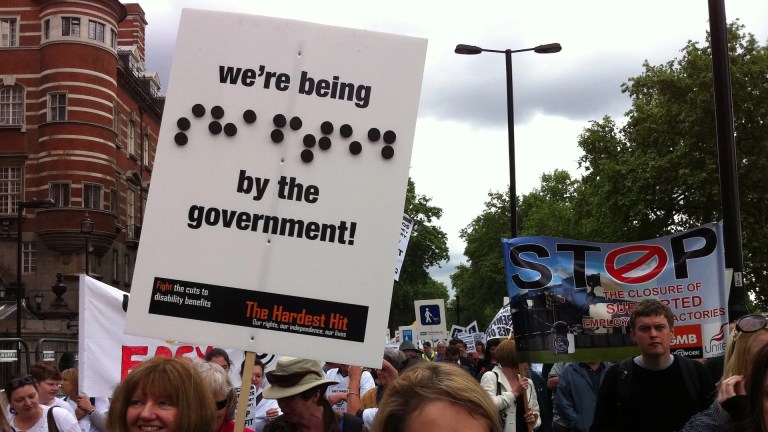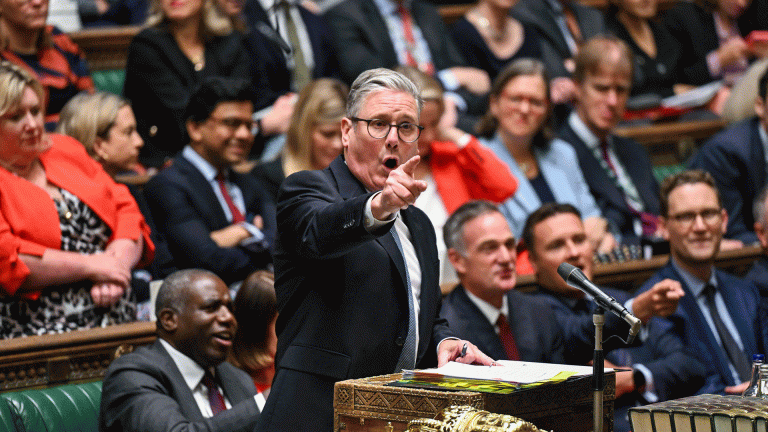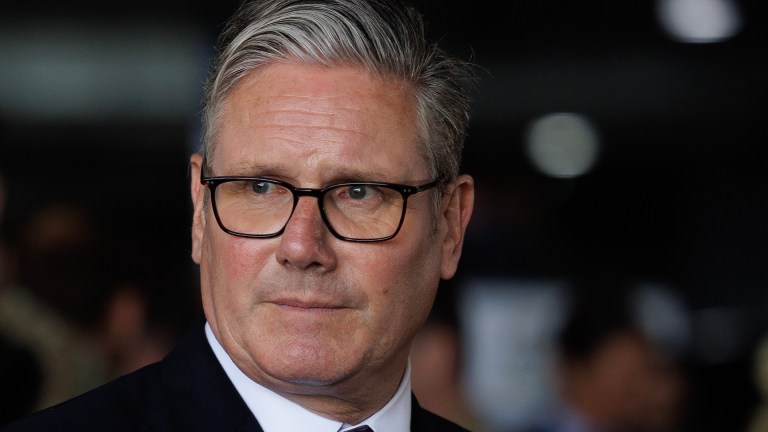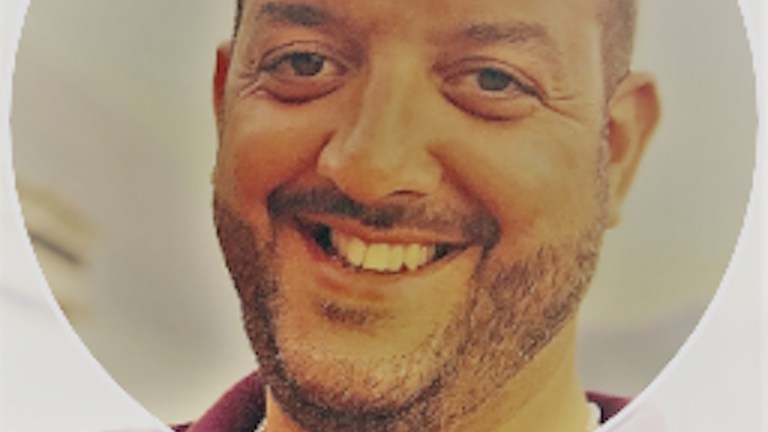Stark figures illustrate the extent of period poverty in the UK. Increasingly recognised as a public health issue, women’s rights group Plan International UK says one in 10 girls have been unable to afford sanitary products and 12 per cent have improvised. Additionally, 137,700 girls missed a day of school last year because they couldn’t afford menstrual products.
Expensive, essential and – for many – the cause of embarrassment, the issue of period poverty is exacerbated by sanitary products’ classification under EU regulations as “luxury” items for tax purposes, piling on the cost.
This “tampon tax” was introduced at 10 per cent VAT in 1973 when the UK joined the European Economic Community. It peaked at 17.5 per cent in 1991 and settled on a reduced rate of five per cent (the lowest under EU law) in January 2001, after Dawn Primarolo led the charge against the tax in parliament.
But around 2015 a groundswell of opposition emerged. A petition by activist Laura Coryton calling for the introduction of a zero-rate tax garnered over 320,000 signatures and forced then-chancellor George Osborne to announce that funds raised by VAT on tampons and towels would be donated to women’s health and support charities, a sum worth £15m in 2016-17.
And last spring 18-year-old Amika George, shocked to learn her peers were skipping school because of period poverty, started the #FreePeriods movement, bolstered by a 165,500-strong petition and over 2,000 people protesting outside Downing Street in December.
High-street giants took heed of this growing movement: Superdrug, Tesco, Waitrose and Morrisons all decided to shoulder the VAT cost, cutting prices, and brands including Always and Bodyform launched campaigns to tackle the crisis of unaffordability and lack of availability to those in poverty.
